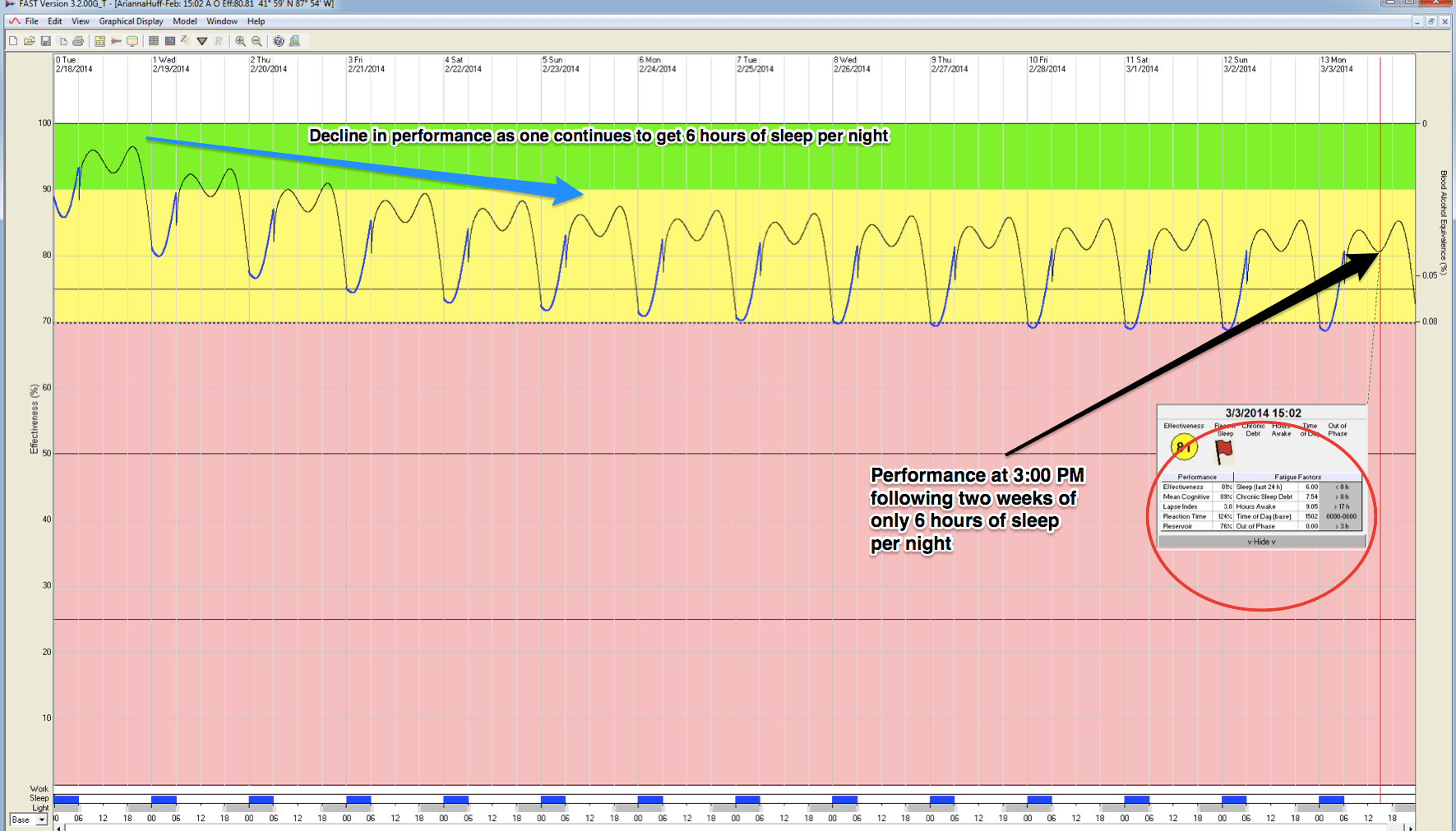Your “peak performance” level does not have to be an illusive physical state. Diet and exercise are just two of the three pillars of performance. The third pillar is sleep.
Your performance is directly related to your sleep, and not just the amount, but the quality as well. When the Vancouver Canucks first started working with Fatigue Science, they purchased exclusive rights in the NHL to use the most accurate system available to address this issue. After working with Fatigue Science and using the Readiband for two weeks, there were two key findings:
First, you can dramatically improve your performance as a team on the road if you create a plan to manage fatigue. The plan is only valid if it is based on personalized sleep data. No two players play the same, the same is true of their sleep in relationship to performance.
Secondly, self-reported sleep data is inaccurate. There are dozens of sleep disorders that exist and many people, including professional athletes, don’t even realize they might be suffering from one.
In a video featured in a recent article by TechVibes, Darcy Hordichuk describes the surprising findings of his team mates on the Vancouver Canucks.
The Vancouver Canucks are not the only ones with a gruelling schedule. In an article published today, the LA Galaxy are clearly facing this common and detrimental problem.
The pressure on professional athletes to perform is immense. There are teams of people managing their nutritional needs and their every move in order to maximize training and performance, but most are missing the biggest piece of the puzzle.




